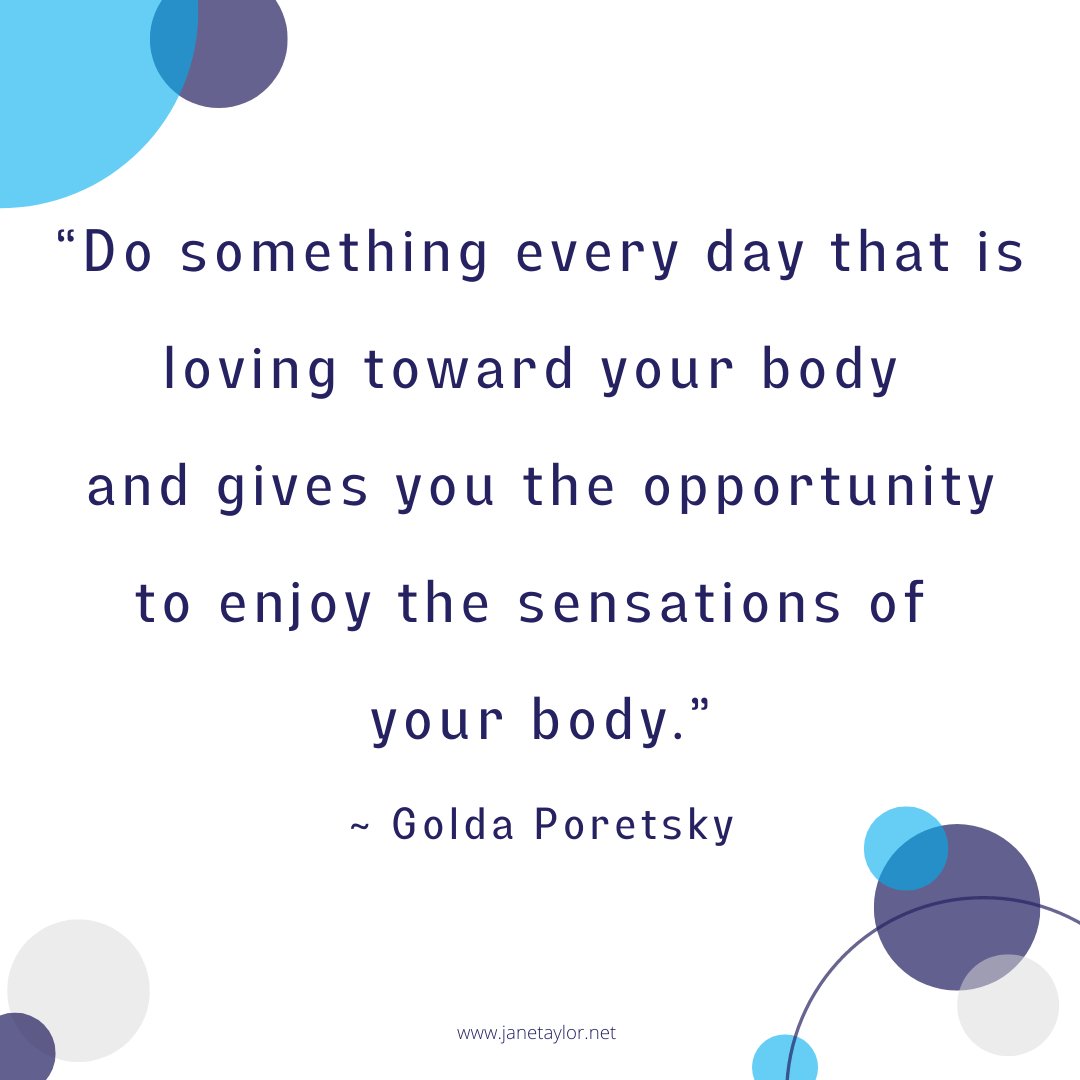What is Self-Care?

Do you take time to look after your wholistic wellbeing? Yes, your social, emotional, physical, mental, financial, environmental and spiritual health and wellbeing?
If you do, congratulations! If not, maybe it is time for some self-care?
What is Self-Care?
Self-Care –
- “refers to actions and attitudes which contribute to the maintenance of well-being and personal health and promote human development.” – according to Wikipedia
- “care of the self without medical or other professional consultation.” – Dictionary.com
- “care for one self” – the Miriam-Webster Dictionary
- “These are our daily activities in looking after ourselves. The process of looking after one’s self. Avoiding all threats and issues that may make a person face irritable and uncomfortable circumstances.” – Psychology Dictionary
- “activities and practices we engage in on a regular basis to reduce stress and enhance our well-being” ~ unknown
- “something that you do often or regularly, often without thinking about it” – MacMillan Dictionary
- “the practice of activities that are necessary to sustain life and health, normally initiated and carried out by the individual for him- or herself.” – “self-care.” A Dictionary of Nursing. 2008. Retrieved June 07, 2014 from Encyclopedia.com: http://www.encyclopedia.com/doc/1O62-selfcare.html
A simple way to think of self-care is putting your face mask on yourself, so then you can assist others.
What Self-Care is NOT –
- about adding more to your ‘to-do’ list – it can be about identifying your essential needs and then prioritising them
- about a ’emergency response plan’ when stress becomes overwhelming and are close to burnout – it is about creating behaviours or healthy habits that you can do to nurture yourself
- being selfish – it is about looking after yourself, so you can then give your best and provide value to the world by living your purpose and sharing your gifts.
The 8 Areas of Self-Care –
When I start working with clients who have a focus on self-care, we have a look at where they are in the following 8 areas –
- Physical self-care: involves movement of the body, health, nutrition, sleep, rest, physical touch, and sexual needs. Some examples of physical self-care include –
- going for a walk on the beach,
- having an epsom salt bath,
- learning a new dance routine,
- getting enough sleep, and
- eating nourishing foods.
- Psychological self-care: involves learning new things, applying consequential thinking, engaging intrinsic motivation, practising mindfulness and creativity. Some examples of psychological self-care include –
- practising mindfulness,
- journalling,
- reading a book,
- learning or teaching a new skill, and
- doing a digital detox.
- Emotional self-care: involves enhancing emotional literacy, navigating emotions, increasing empathy, managing stress effectively and developing compassion for self and others. Some examples of emotional self-care include –
- writing in a gratitude jar or gratitude journal,
- saying no,
- make time for reflecting on feelings and developing emotional literacy,
- practising self-compassion, and
- being aware of my own boundaries.
- Social self-care: involves having a supportive group and network of relationships around you whom you trust and turn to when required. Having caring and supportive people around you builds a sense of belonging and connectedness. Some examples of social self-care include –
- belong to 3 groups or communities outside of work;
- honouring your commitments to other people (i.e. do what you say you are going to do);
- ask for help when you need it,
- meet new people, and
- go walking with family and/or friends.
- Professional self-care: involves sharing your strengths and gifts, having clear professional boundaries, whilst living your purpose. Some examples of professional self-care include –
- eating a nourishing lunch each day at work,
- negotiating your needs,
- having clear professional boundaries,
- knowing your roles and responsibilities, and
- attending professional developing or having coaching.
- Environmental self-care: involves having an organised, well maintained and clutter-free work, business and home environment, having clean clothes and a clean and well maintained mode of transport. Also minimising waste and monitoring technology time. Some examples of environmental self-care include –
- decluttering your home or work environment,
- recycling as much as possible,
- monitoring technology time,
- cleaning up after a meal, and
- maintaining and clean and safe living environment.
- Spiritual self-care: involves the beliefs and values that are important to you and guide your life. This includes pursuing your noble goals and the practices that support you developing spiritual awareness. Some examples of spiritual self-care include –
- meditating,
- reflecting in a journal,
- volunteering at a local organisation,
- going on a retreat, and
- walking in nature.
- Financial self-care: involves being responsible with your finances (i.e. living expenses, income, insurances, savings etc.) and having a conscious relationship with money. Some examples of financial self-care include –
- knowing where your income is coming in,
- knowing where your expenses are due and paying them on time,
- keeping your insurances up to date,
- completing your tax responsibilities on time, and
- opening and saving money wisely.
Questions for Reflection –
- What does self-care mean for you?
- How do you currently take care of yourself?
- Do these strategies include your physical, mental, social, financial, emotional, environmental, professional and spiritual health and wellbeing? If not, are there any helpful strategies you can include to look after yourself?
- How do you take care of yourself whilst you are at work or in your business? For example – do you take time out to eat lunch everyday?
- What self-care practice (or 2) can you incorporate in to your life today? Feel free to share it in the comments section below!
Please note – self-care is a personal journey and each day life is changing. So it is important to continually look after yourself (i.e. make it a habit) and reflect on your health and wellbeing.
If you are ready to reclaim your courage and take the next step towards freedom and opening your heart, why not join our Toolkit?
